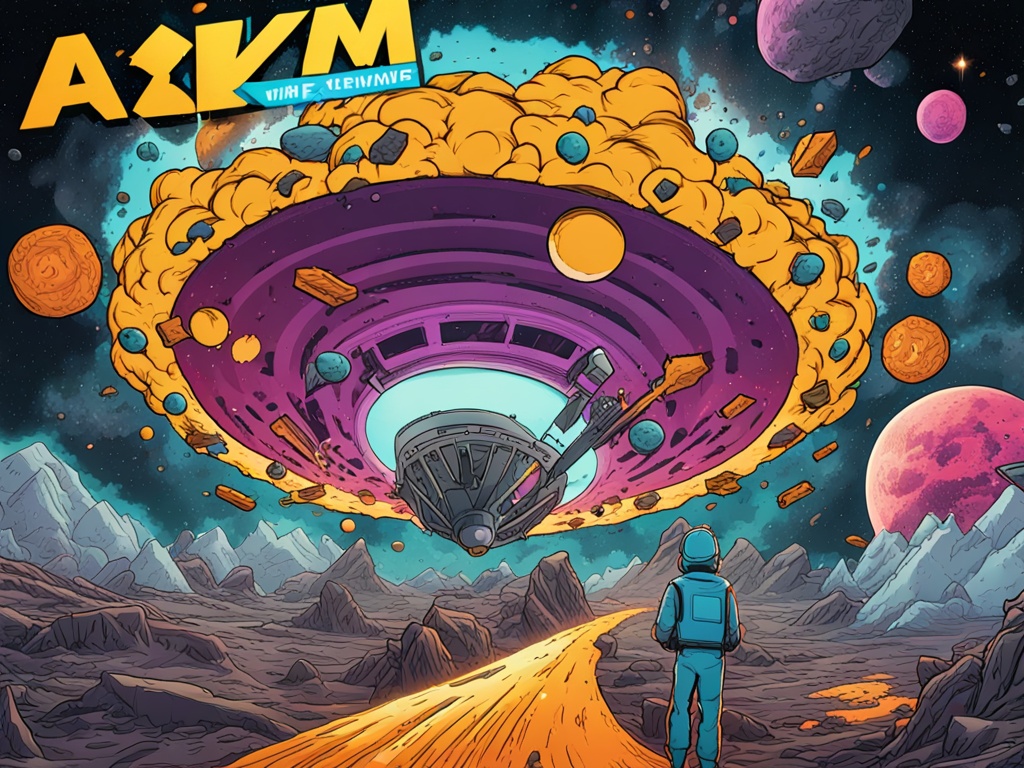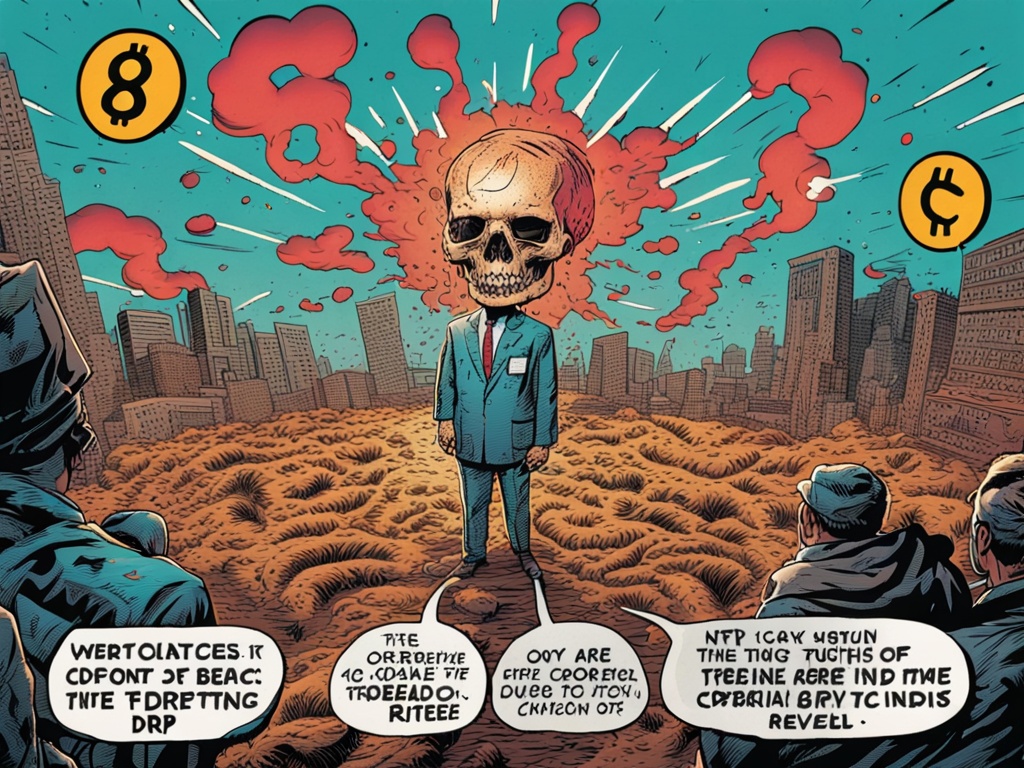Overview: Exciting Updates in Zero-Knowledge Technology! 🚀
This year, the Jolt zero-knowledge virtual machine (zkVM), developed by a16z crypto, has received noteworthy advancements in both its performance and user experience. These improvements are the culmination of hard work by the Jolt team in conjunction with contributions from the open-source community. Enhancements include lower verifying costs, speedier operations, and new integrations that make Jolt an increasingly viable option for developers looking to implement zero-knowledge technology effectively.
Boosting Performance 🔍
A significant priority has been the reduction of costs associated with verification. Initially, the proof sizes were quite hefty, reaching into the megabytes. New updates have managed to shrink this down to about 200 kilobytes, with aspirations of achieving an astonishing 25 kilobytes in the future. This significant reduction aids in the application of efficient folding methodologies, keeping prover space minimal—around a few gigabytes—while still providing robust zero-knowledge features along with on-chain proofs.
In addition to size reductions, anticipations suggest a threefold enhancement in the speed at which the Jolt prover operates. These improvements stem from recent optimizations made within the sum-check protocol and a more effective use of the constraint system’s uniform structure.
New Integrations and Support 📈
The collaboration with the Rust standard library, spearheaded by engineer Noah Citron, has broadened Jolt’s functionality by allowing it to utilize more readily available Rust crates. Furthermore, support for the RISC-V “M” extension—thanks to contributors Mihir Wadekar and Ethan Lee—boosts the performance of programs that engage in high-level multiplication or division tasks.
Innovations: Commitment Schemes and Proof Optimization 🛠️
Jolt originally utilized the Hyrax polynomial commitment scheme, and contributors Pat Stiles and Ethan Lee have now incorporated both the Zeromorph and HyperKZG schemes. These advancements help shrink proof sizes while sustaining optimal performance levels. The implementation of a sum-check protocol further refines the process by consolidating multiple opening proofs into a singular proof, enhancing efficiency in both size and prover time requirements.
Looking Towards the Future 🌟
There has been notable progress in on-chain verification, led by contributors Alpeh_v and Matteo Mer, who are working on a Solidity implementation of the Jolt verifier. Once this implementation reaches completion, it will facilitate the verification of Jolt proofs on any Ethereum Virtual Machine (EVM) blockchain.
Moreover, a collaboration with Dag Arne Osvik has led to the development of an AVX-512 library dedicated to 256-bit Montgomery arithmetic. This library aims to amplify the speed of field arithmetic in Jolt as well as in other elliptic curve-based SNARKs on hardware that supports it. Additionally, formal verification endeavors led by Quang Dao and Carl Kwan have helped detect minor bugs and made optimizations, contributing to the overall reliability of Jolt’s functionality.
This year, a16z crypto is committed to collaborating with various teams to continuously enhance Jolt’s capabilities. Upcoming improvements are expected to include further optimizations related to sum-check proving, continuing reductions of proof sizes and verifying expenses, as well as the integration of GPU technologies. There are also plans to integrate Jolt with Nova to facilitate continuations via folding, enhancing its potential applications even further.
Hot Take: What’s Next for Jolt in the zkVM Landscape? 🔮
The advancements made by Jolt this year place it in a strong position within the zero-knowledge ecosystem. With evidence of ongoing development initiatives and community contributions, Jolt is likely poised for expanded adoption among developers keen on utilizing zkVM technology. As Jolt aims for further reductions in both cost and proof sizes, it could significantly reshape the way developers approach zero-knowledge proofs in blockchain applications.
For a more comprehensive look at the updates and future plans, explore further insights from a16z crypto.





 By
By
 By
By
 By
By


 By
By